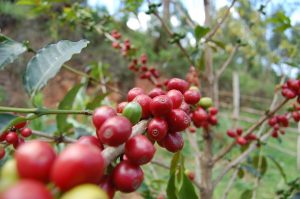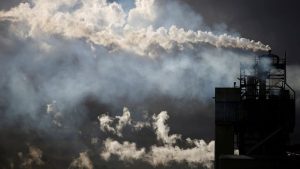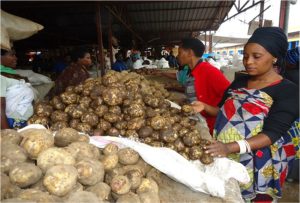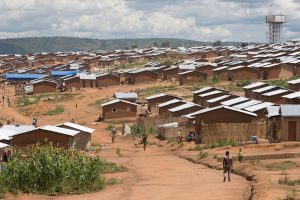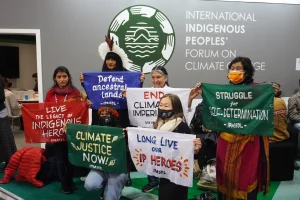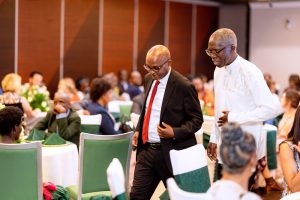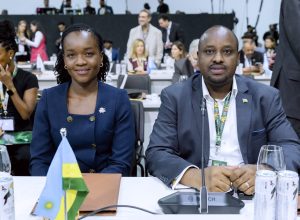How Climate-Smart Agriculture and Women’s Leadership are Transforming Kayonza Farmers
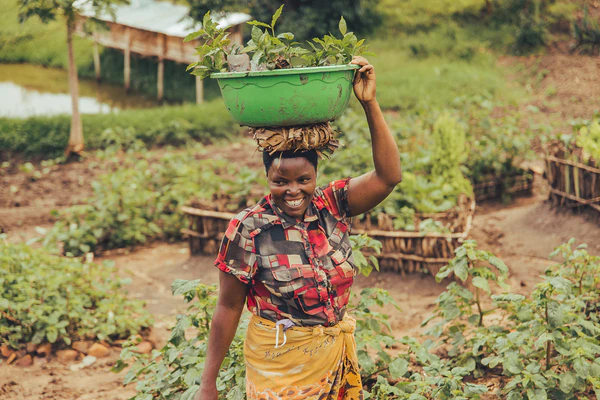
In the drought-prone Eastern Province of Rwanda, a major development effort is underway to safeguard livelihoods against the harsh realities of climate change. The Kayonza Irrigation and Integrated Watershed Management Project – Phase II (KIIWP2) aims to sustainably improve food security and income for at least 40,000 rural households and boost their climate resilience.
Recent supervision missions confirm the project is making steady progress, not just in infrastructure, but in fostering deep social transformation across Kayonza District.
The KIIWP2 project has already reached 31,359 individuals, prioritizing vulnerable communities and ensuring inclusivity. A standout feature of the project is its dedication to gender equality and youth inclusion: women constitute 54% of all beneficiaries, while youth make up 30.6%.
Crucially, women are moving into leadership roles, holding 60% of positions in Water Users Associations (WUAs), 41% in Sub-Catchment Committees (SCCs), and 40% in cooperatives.
A cornerstone of the project’s social success is the Gender Action Learning System (GALS). This transformative approach has reached 14,250 households. Reports indicate that GALS training is directly leading to stronger family structures, with 39% of sampled households reporting improved conflict resolution. Furthermore, GALS has supported 340 couples in formalizing legal marriages and has helped foster more equitable workloads within homes. The positive change driven by local GALS Champions ensures that project benefits extend beyond the field and into the heart of the family unit.
Kayonza farmers are rapidly embracing modern techniques through Farmer Field Schools (FFS). A total of 13,960 farmers have been trained through this approach, with a high estimated adoption rate of 81% for recommended practices and technologies.
This training focuses heavily on Climate-Smart Agriculture (CSA) practices, preparing communities for future climate variability. Farmers are trained on Participatory Integrated Climate Services for Agriculture (PICSA), a methodology that helps them integrate weather and climate information into their planning. In addition to skills, visible environmental progress is being made: 1,103 hectares have been developed using land husbandry interventions like bench terraces, and 949 kitchen gardens have been established, resulting in beneficiaries reporting better availability of vegetables and visible improvements in children’s health.
The long-term vision of climate resilience is tied to securing reliable water sources. Construction of new irrigation infrastructure is progressing, with civil works already initiated in the Kanyeganyege (150 ha) and Gishyanda (200 ha) schemes. Once fully operational, the project targets placing 2,285 hectares under irrigation, benefiting some 5,713 farmers.
As KIIWP2 progresses, the combination of improved technical skills, community empowerment, and vital infrastructure investment is setting the stage for thousands of rural households in Rwanda to achieve sustainable income and rise above poverty.

SUBSCRIBE TO OUR NEWSLETTER



